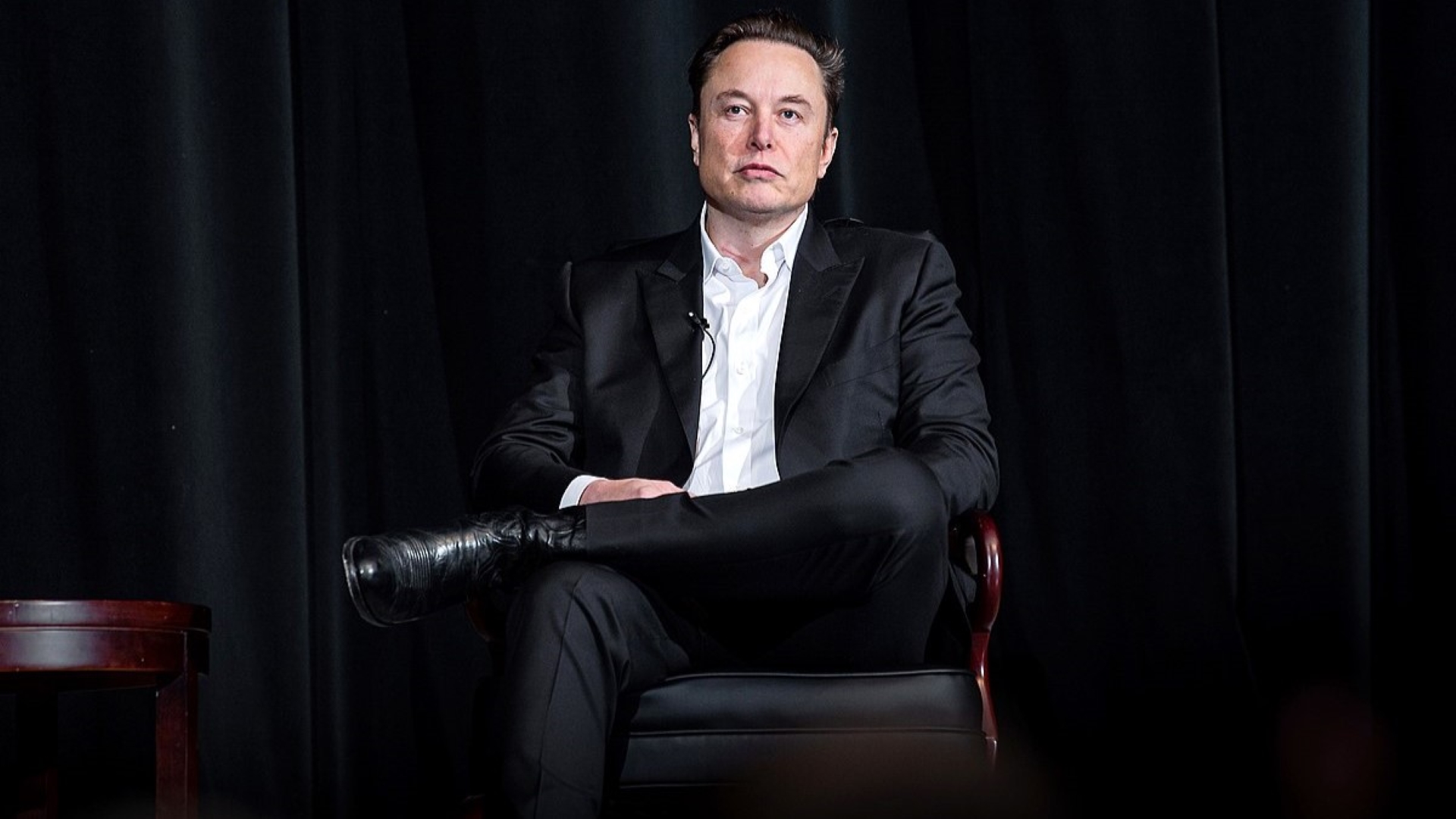
Elon Musk, the CEO of SpaceX, has disclosed that the company's satellite internet service, Starlink, intends to provide free emergency services and access to cell phones worldwide. This initiative is a component of SpaceX's partnership with T-Mobile and is currently awaiting regulatory sanction from the Federal Communications Commission (FCC). The goal is to provide mobile coverage in remote areas where traditional cellular infrastructure is unavailable. Musk emphasized that the service will be offered worldwide, contingent on approval by individual governments, and aims to eliminate instances where people in distress cannot access emergency services due to a lack of payment. This move aligns with the FCC's broader strategy to merge satellite and wireless communications.
Starlink’s proposed service would utilize T-Mobile's PCS G Block spectrum, enabling satellites to directly support wireless communications in areas without terrestrial coverage. The service is particularly geared towards those traveling in remote regions, offering an essential tool for hikers and others who may encounter mobile "dead zones." In an August 2024 letter to the FCC, SpaceX and T-Mobile pushed for swift approval, highlighting the system’s potential to deliver Wireless Emergency Alerts even to non-T-Mobile customers. While competitors like AT&T and Verizon have raised concerns about potential network disruptions, SpaceX has already launched nearly 130 direct-to-cellular satellites and conducted successful tests.
